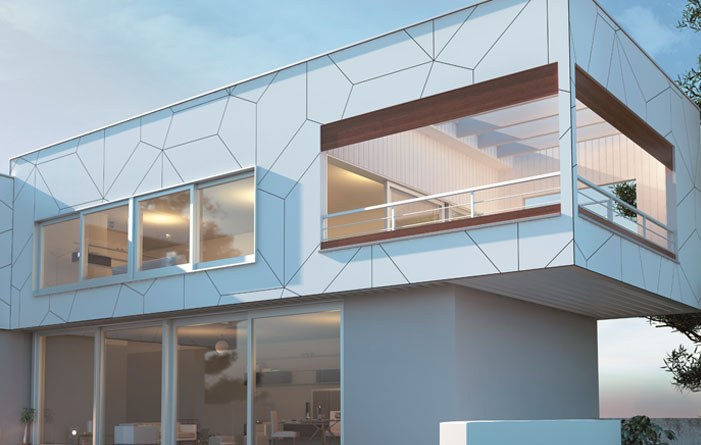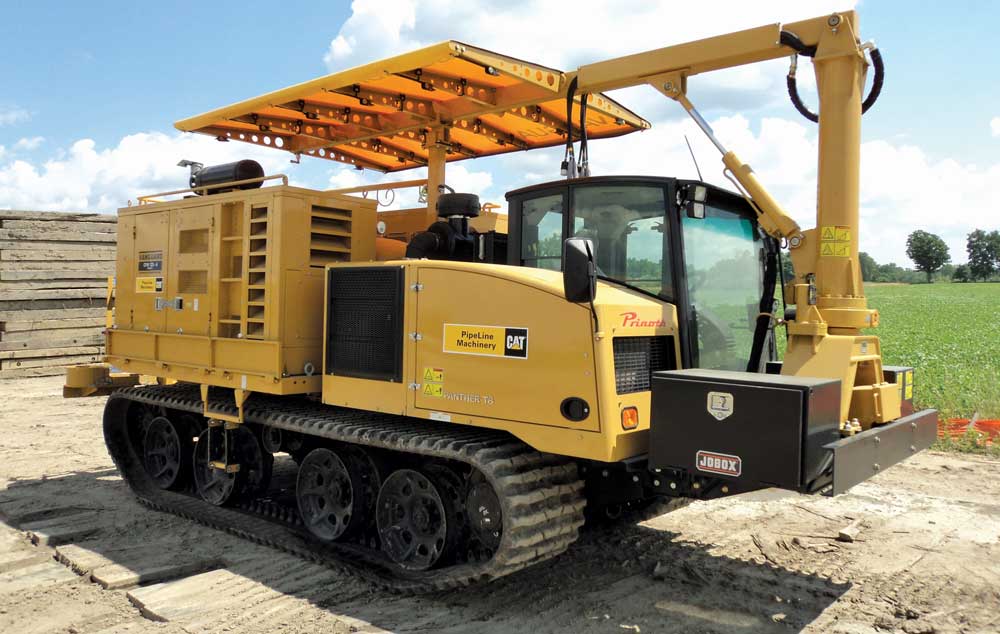Cardboard boxes are ubiquitous in our daily lives, serving as the backbone of the packaging industry and playing a vital role in shipping, storage, and organisation. Despite their seemingly humble nature, cardboard boxes offer a multitude of benefits and applications that make them indispensable in various sectors. From protecting fragile items during transit to facilitating efficient storage solutions, cardboard boxes continue to prove their versatility and importance in our modern world. Cardboard boxes, typically made from paperboard or corrugated fiberboard, are lightweight yet sturdy containers used for packaging and transportation purposes. They are available in various shapes, sizes, and strengths, making them suitable for a wide range of applications.
Strength and Durability:
Despite their lightweight construction, cardboard boxes are surprisingly strong and durable. Corrugated cardboard, in particular, consists of multiple layers of paperboard sandwiched between fluted sheets, providing excellent structural integrity and resistance to crushing and impacts. This strength makes cardboard boxes ideal for transporting goods of varying sizes and weights safely.
Sustainability and Eco-Friendliness:
One of the most significant advantages of cardboard boxes is their eco-friendliness and recyclability. Cardboard is made from renewable resources, primarily wood pulp from sustainably managed forests. Additionally, cardboard boxes are highly recyclable, with many being made from recycled materials themselves. By opting for cardboard packaging, businesses and consumers can significantly reduce their environmental footprint and contribute to a more sustainable future.
Customisation and Branding:
Cardboard boxes offer ample opportunities for customisation and branding, making them a popular choice for businesses looking to enhance their brand visibility. Companies can print their logos, designs, and marketing messages directly onto cardboard boxes, creating a unique and recognisable packaging solution that reinforces their brand identity. This customisation also allows businesses to tailor the packaging to suit specific products and target audiences effectively.
Cost-Effectiveness:
Compared to other packaging materials such as plastic or metal, cardboard boxes are relatively inexpensive to manufacture, purchase, and transport. Their lightweight nature helps reduce shipping costs, while their affordability makes them a cost-effective packaging solution for businesses of all sizes. Furthermore, the recyclability of cardboard boxes can contribute to additional cost savings through waste reduction and material recovery.
Versatile Applications:
Cardboard boxes find applications across various industries and sectors due to their versatility and adaptability. They are commonly used for shipping and transporting goods, storing inventory in warehouses, organising household items during moves, and even serving as makeshift furniture or DIY projects. The ability to repurpose cardboard boxes for secondary uses further enhances their value and utility.
Innovations in Cardboard Packaging:
Advancements in technology and manufacturing techniques have led to innovations in cardboard packaging, expanding its capabilities and functionalities. From moisture-resistant coatings to tamper-evident seals, cardboard boxes can now be equipped with various features to meet specific requirements and enhance product protection. Additionally, lightweight and sustainable alternatives to traditional cardboard boxes, such as honeycomb cardboard or molded pulp packaging, are gaining popularity for their eco-friendly properties and enhanced performance.
Conclusion:
Cardboard boxes represent an indispensable aspect of modern packaging and logistics, offering a perfect balance of strength, sustainability, and versatility. From protecting goods during transit to providing customisable branding solutions, cardboard boxes continue to play a crucial role in various industries and everyday life. As technology and consumer preferences evolve, cardboard packaging will likely remain a cornerstone of the packaging industry, adapting to meet the ever-changing needs of businesses and consumers alike.




